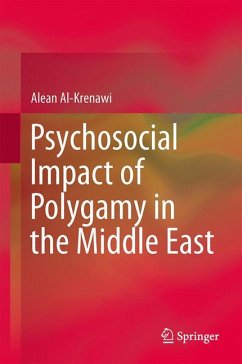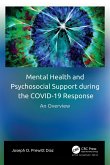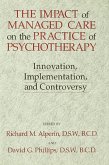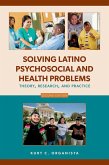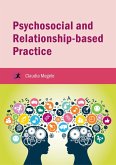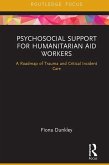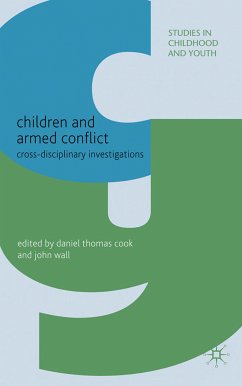Psychosocial Impact of Polygamy in the Middle East is the first scholarly volume to deal with plural marriage in the region in a comprehensive way. Its mixed-method research offers a new template for examining family structures including father-mother, father-children, and mother-children relationships, as well as those between the offspring of different mothers. Detailed findings and excerpts from interviews with family members illustrate the psychological and social toll of polygamy not only on women and children, but also on men. The author's innovative guidelines for therapy give practitioners contextual cultural perspective for working with this population. This unique analysis:
A groundbreaking volume of lasting significance, Psychosocial Impact of Polygamy in the Middle East sets standards in culturally attuned practice and study for social workers as well as researchers and practitioners in family studies and psychology.
- Explores the role of Arab culture and Islam in polygamy.
- Discusses the social and economic consequences of polygamous arrangements.
- Reviews data from a range of quantitative and qualitative studies.
- Includes experiences of study subjects in their own words.
- Introduces a model for intervention with polygamous families.
- Considers the future of polygamy in the Middle East.
A groundbreaking volume of lasting significance, Psychosocial Impact of Polygamy in the Middle East sets standards in culturally attuned practice and study for social workers as well as researchers and practitioners in family studies and psychology.
Dieser Download kann aus rechtlichen Gründen nur mit Rechnungsadresse in A, B, BG, CY, CZ, D, DK, EW, E, FIN, F, GR, HR, H, IRL, I, LT, L, LR, M, NL, PL, P, R, S, SLO, SK ausgeliefert werden.

